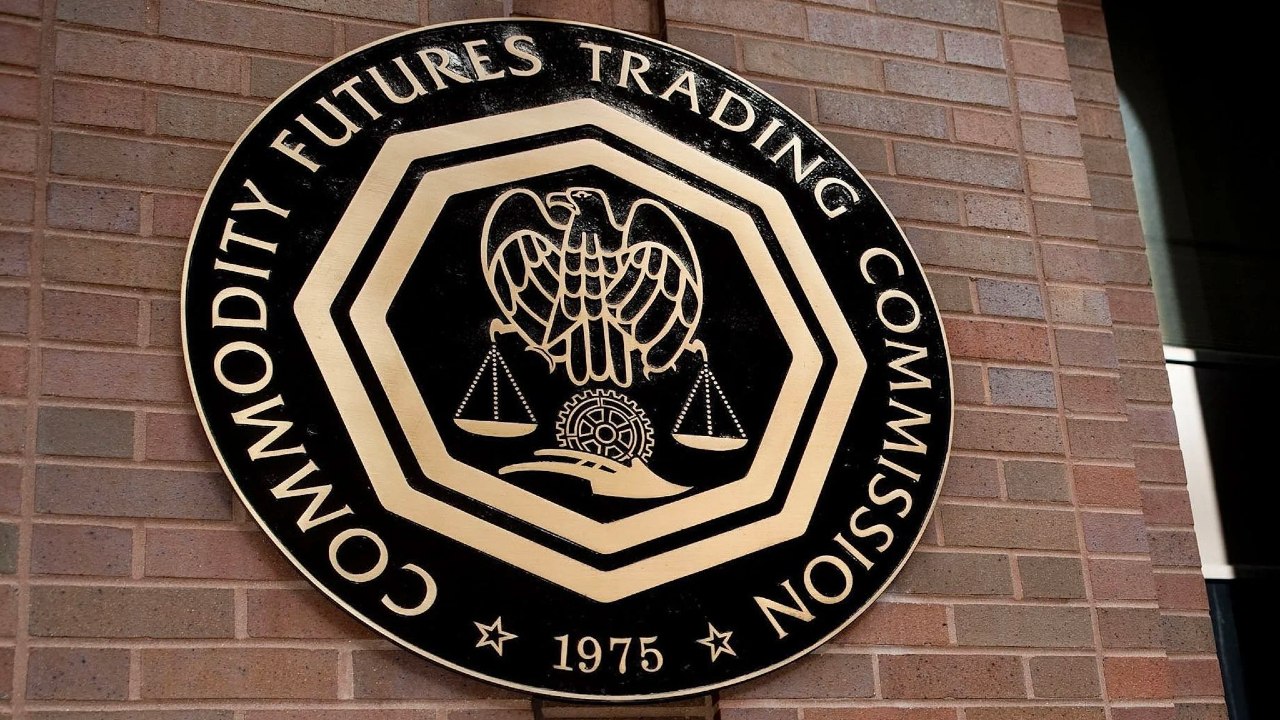Senior Republicans in the US House of Representatives have released a bill reclassifying cryptocurrencies as commodities. The Digital Asset Market Structure Proposal was presented by Patrick McHenry, Chair of the House Financial Services Committee and Glenn “GT” Thompson, Chair of the House Agriculture Committee.
What does the Digital Asset Market Structure Proposal bring?
The bill aims to address various regulatory issues facing crypto. It also aims to provide clarity for the industry. Therefore, it makes innovation possible. Besides, it aims to protect American crypto consumers. Speaking about the bill, McHenry said:
Our aim is to strike the appropriate balance between consumer protection and the promotion of responsible innovation.

McHenry urged market participants and stakeholders to provide constructive feedback to help improve legislation. Thompson supported McHenry’s statements. Accordingly, he noted that the bill would help close regulatory gaps between financial regulators. In addition, Thompson made the following statement:
This historic joint effort with the House Financial Services Committee aims to close existing jurisdiction gaps between the CFTC and the SEC and strengthen US leadership in financial and technological innovation.
The bill also received support from prominent members of the House of Representatives, including French Hill, Chair of the Digital Assets, Financial Technology and Inclusion Subcommittee. According to Hill, the bill’s approach “will bring existing consumer and investor protections to activities and intermediaries related to digital assets under the ‘same risk, same regulation’ principle. Dusty Johnson, chairman of the Commodities Markets, Digital Assets and Rural Development Subcommittee, also supports the bill.

What are the key features?
It is possible that the proposed legislation will finally end the debate over what constitutes a security or a commodity. Accordingly, it will require crypto firms to prove that their tokens are commodities. It will also require them to ensure adequate decentralization by detecting that no single entity controls more than 20%.
The bill also proposes that the Commodity Futures Trading Commission (CFTC) regulate Digital Commodity Exchanges. This will mean more regulatory oversight for crypto companies from the CFTC rather than the SEC. There is also talk of further regulation regarding decentralized finance and other new future areas of the crypto economy. Other topics include custody requirements, anti-fraud authorization for the SEC, and joint consultation between the SEC and the CFTC.

The crypto community supports the bill
cryptocoin.com As you follow, the ambiguity about regulation is troubling the community. Therefore, many stakeholders within the crypto community have expressed their support for this bill. Coinbase chief legal officer Paul Grewal described this as an encouraging bill. Grewal draws attention to the definition of securities and commodities in his assessment.
Gemini co-founder Tyler Winklevoss also described the proposed legislation as a welcome development. Winklevoss further explained, “It is important to provide thoughtful regulatory clarity for the continued responsible innovation of the crypto industry in the US.” Several others pointed out that the bill clarifies many issues. These topics include jurisdiction, registration and stablecoins.







